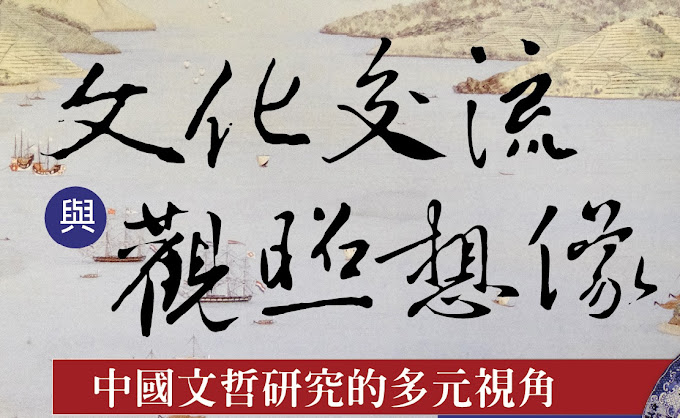姓 名:石佑漢
|
職 稱:中國文哲研究所博士後研究
|
研究領域:跨文化文學、「少年維特之煩惱」在新文化運動的接受、創造社對白話文運動的貢獻、中國浪漫主義的思想
|
論文題目:The
End of Transcendence
Romantic Pantheism in the Era of
Republican China
|
論文摘要:
In the
preface to his Chinese translation of Goethe’s Sorrows of Young Werther (1922), Guo Moruo 郭沫若
emphasises the novel’s pantheist thought as one of its great merits: ‘the
creation is entirely an expression of one’s self. When one reaches the
non-self and fuses with the Divine, one transcends space and time, live and
death become equal.’ Pantheism is a monist
way of looking at the world originally coined by Baruch Spinoza and later
brought to greater prominence by German Romanticism. In contrast to Spinoza’s
theological rationalism, the latter movement looked at it as a concept to
transcend the original sin of modernity—the dualism of subject and object.
Since the concept of pantheism was hardly relevant in the above Chinese context, my paper will probe into its surprising popularity among those Chinese literati, who ardently read the poetry of Walt Whitman and labelled themselves Romantics (浪漫主義者). In its initial decade, the Creation Society 創造社 sought for concepts that would provide healing for the ills of modernity. This all-embracing view of the world and the vision of a united humanity, however, soon fell victim to the realities of the twentieth century. The untimely death of Yu Dafu 郁達夫 and Guo’s own conversion to Marxism document the radical transformation of the Romantic heritage in China during civil war and the Pacific War. Under the influence of a polarized political landscape, it quickly casts off its pantheist ideals. Werther’s pastoral landscape makes way for the battlefields of ideology. |
石佑漢
訂閱:
文章 (Atom)
